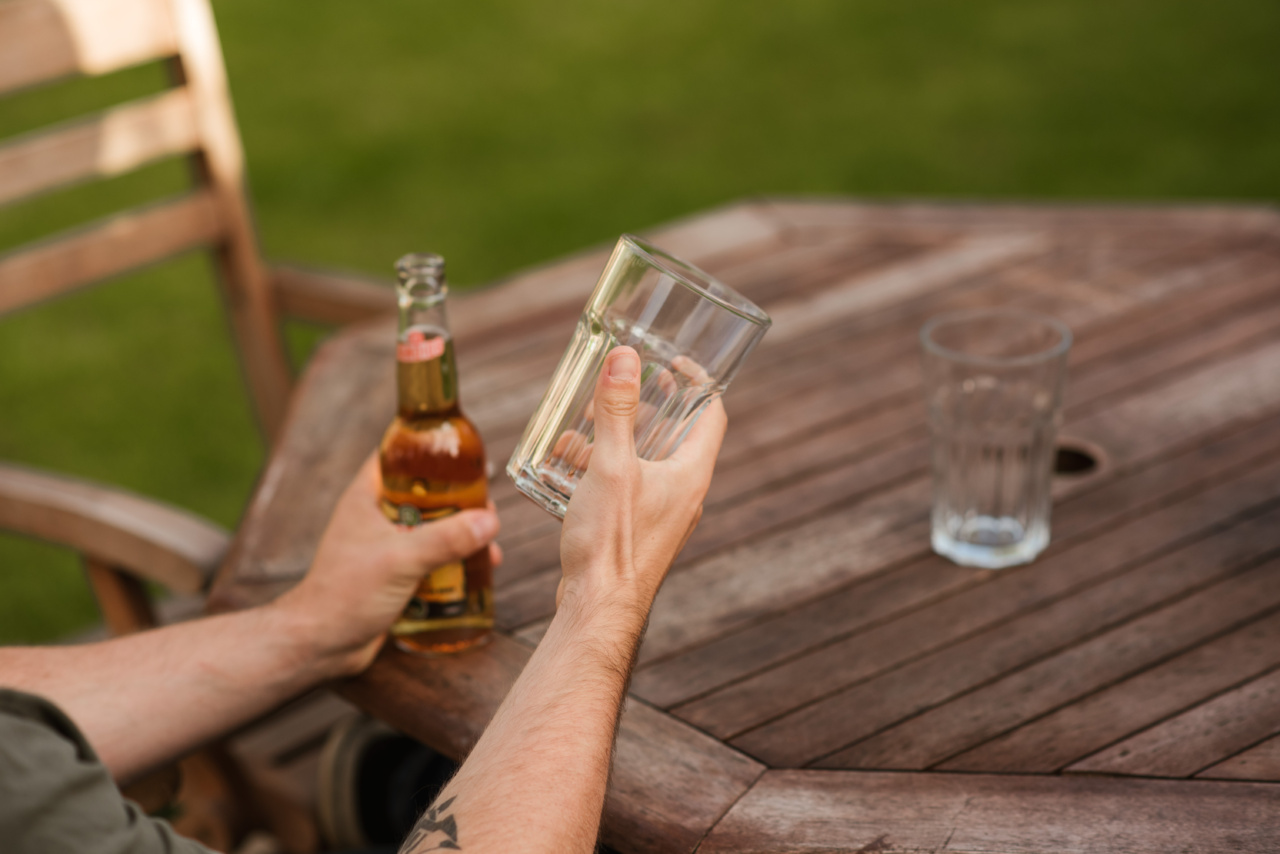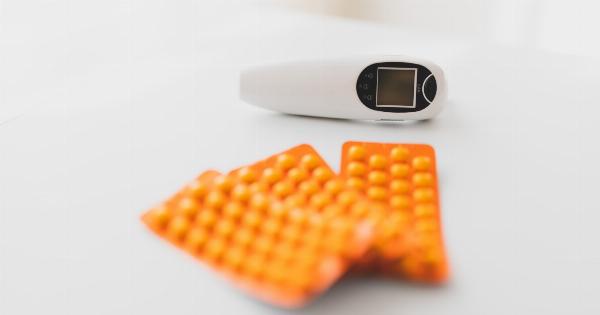Having a cold can make you feel miserable and disrupt your daily routine. However, with the right tips and tricks, you can recover from a cold in record time.
In this article, we will provide you with valuable strategies to help you bounce back quickly and get back to your normal, healthy self.
1. Stay Hydrated
One of the most important things you can do when you have a cold is to stay hydrated. Drinking plenty of fluids helps thin your mucus and makes it easier to expel. Opt for warm liquids such as herbal teas, clear broths, or hot water with lemon and honey.
Avoid caffeinated and sugary beverages as they can dehydrate you.
2. Get Plenty of Rest
Rest is crucial for your body to heal. Make sure to get enough sleep and take naps during the day if needed. Avoid strenuous activities and give your body the time it needs to recover.
Resting allows your immune system to focus on fighting off the cold virus and speeds up the healing process.
3. Utilize Nasal Irrigation
Nasal irrigation can provide immense relief from cold symptoms. Use a saline solution to rinse your nasal passages, which helps remove mucus and reduces congestion. You can find ready-to-use saline sprays or use a neti pot.
Follow the instructions carefully and ensure the water used is sterilized to prevent any risk of infection.
4. Gargle with Saltwater
Sore throat is a common symptom of a cold. Gargling with warm saltwater can help alleviate the discomfort. Dissolve half a teaspoon of salt in a glass of warm water, then gently gargle the mixture for 30 seconds before spitting it out.
Saltwater can reduce inflammation and kill bacteria in your throat.
5. Consume Immune-Boosting Foods
Eating a nutritious diet can help strengthen your immune system and aid in your recovery. Incorporate foods rich in vitamins, minerals, and antioxidants, such as citrus fruits, berries, leafy greens, garlic, ginger, and yogurt.
These foods can provide you with the necessary nutrients to fight off the cold virus.
6. Take Over-the-Counter Medications
Over-the-counter (OTC) medications can help alleviate cold symptoms and make you feel more comfortable. Consider using pain relievers such as acetaminophen or ibuprofen for headaches, body aches, and fever.
Decongestants and antihistamines can provide relief from nasal congestion and sneezing. Always read and follow the instructions on the label.
7. Use Steam Inhalation
Steam inhalation is a simple yet effective method to clear your nasal passages and relieve congestion. Boil water and pour it into a bowl, then lean over the bowl with a towel draped over your head to trap the steam.
Breathe deeply for a few minutes, allowing the warm steam to loosen mucus and ease congestion. Be cautious to avoid burns and keep a safe distance from the hot water.
8. Stay Warm and Humidify the Air
Keeping yourself warm can help soothe your cold symptoms. Dress in layers and use blankets to stay cozy. Additionally, use a humidifier or vaporizer to add moisture to the air. Dry air can irritate your throat and nasal passages, worsening your symptoms.
Aim for a comfortable humidity level between 30% and 50%.
9. Try Natural Remedies
Several natural remedies have been used for centuries to treat cold symptoms. Drinking hot herbal teas with ingredients like chamomile, eucalyptus, or peppermint can provide relief.
Honey is known for its soothing properties, especially when mixed with warm water or tea. However, consult with a healthcare professional before using any herbal or natural remedy.
10. Practice Good Hygiene
To prevent the spread of the cold virus and minimize its duration, it’s important to practice good hygiene. Wash your hands frequently with soap and water for at least 20 seconds, especially after coughing, sneezing, or blowing your nose.
Cover your nose and mouth when coughing or sneezing with a tissue or your elbow to prevent the spread of germs.

























